iPhone 16 Pro features: the key upgrades on the Pro and the Pro Max
From bigger screens to better cameras
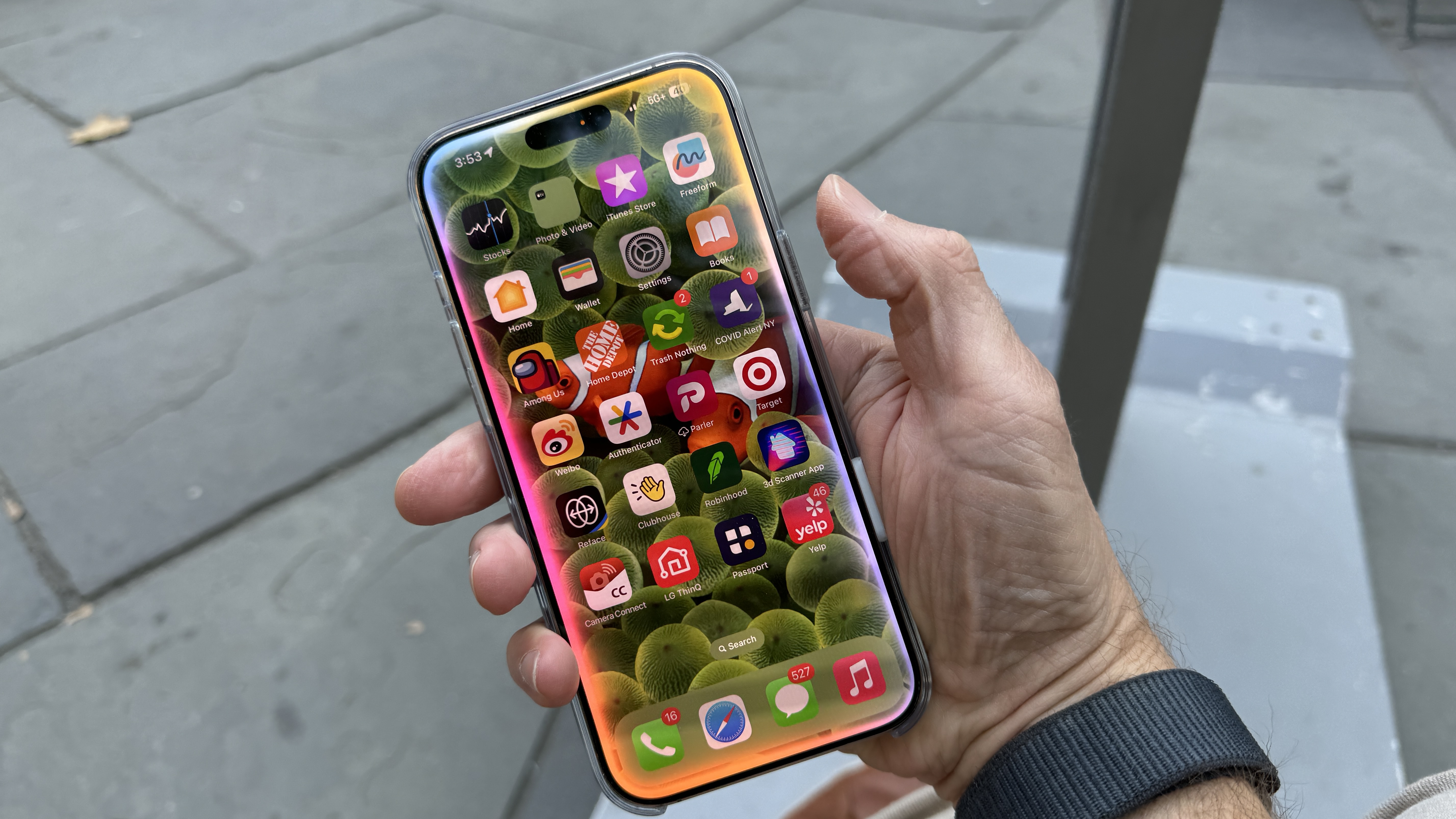
This year, like most years, we saw four new iPhones land, each of which marked an improvement over their respective predecessors. But it’s the Pro models that house the biggest upgrades.
From larger screens to improved cameras and beyond, there's a lot that's new, better, or simply bigger here. Below, then, you’ll find details of the best new features in the iPhone 16 Pro and the iPhone 16 Pro Max, to get you up to speed.
Or head over to our full iPhone 16 Pro review and iPhone 16 Pro Max review for a more in-depth look at these phones. We also have an iPhone 16 review and an iPhone 16 Plus review, for if you're not sure you want to go Pro.
Bigger screens
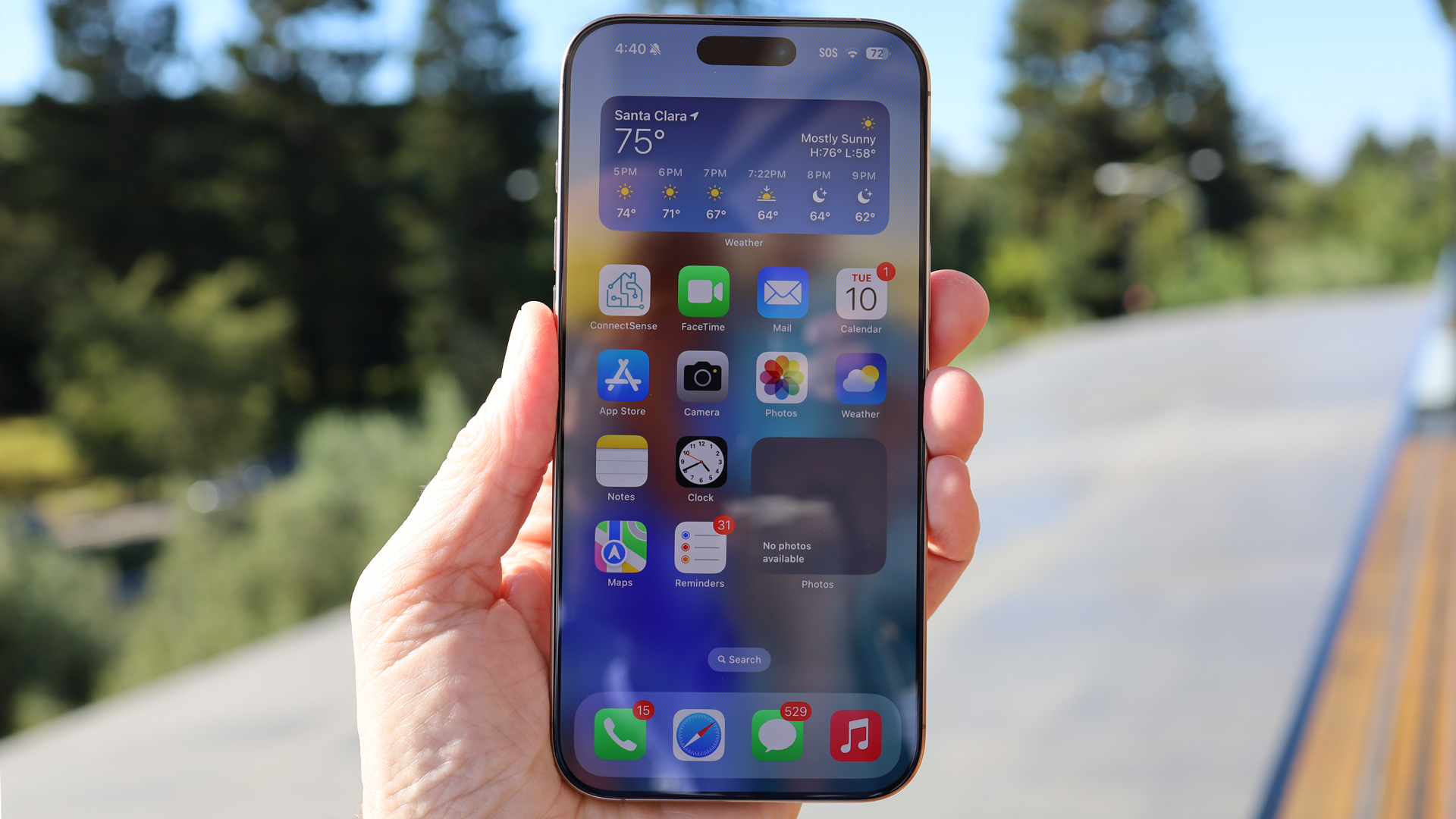
With its 6.7-inch screen, the iPhone 15 Pro Max is already one of the larger mainstream phones on the market, but the iPhone 16 Pro Max is even bigger, as it has a 6.9-inch display.
Likewise, the iPhone 16 Pro has risen from the 6.1 inches of its predecessor to 6.3 inches.
However, this increase in screen size has not translated to much of an overall size increase, as the iPhone 16 Pro and Pro Max have smaller bezels than the current models. In other words, they make better use of the already available space, though they're still a little bigger overall.
This design change then gives you a larger iPhone screen to enjoy videos, games, and apps on, without making the iPhone 16 Pro and 16 Pro Max too much harder to operate with one hand.
Get daily insight, inspiration and deals in your inbox
Sign up for breaking news, reviews, opinion, top tech deals, and more.
A powerful A18 Pro chipset
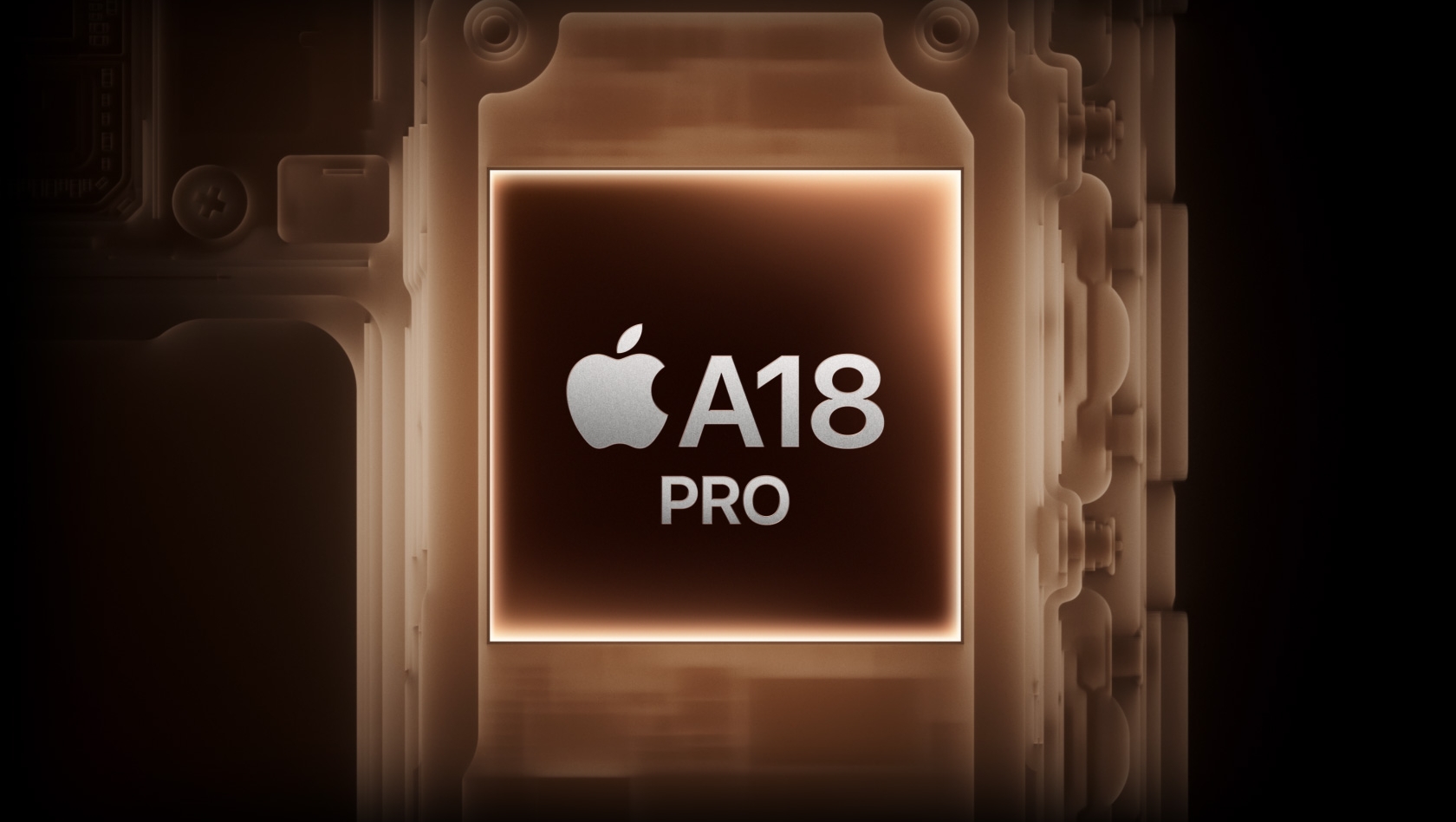
It’s probably no surprise to hear that the iPhone 16 Pro and iPhone 16 Pro Max are more powerful than their predecessors, since a chipset upgrade is the one thing you can be almost certain of in each new iPhone model.
Still, this is an exciting improvement, as while the iPhone 15 Pro and Pro Max remain among the most powerful phones on the planet, the iPhone 16 Pro and iPhone 16 Pro Max have raced ahead of them with their new A18 Pro chipset, and if benchmarks are to be believed they have all other rivals beat too.
The A18 Pro has a 15% faster CPU than the A17 Pro in the previous models, and a 20% faster GPU, so it's a significant upgrade.
That extra power is beneficial for numerous things, including powering the on-device AI features we’re expecting as part of Apple Intelligence. So, if you want one of the best AI phones, then the iPhone 16 Pro and Pro Max are worth considering.
A new button
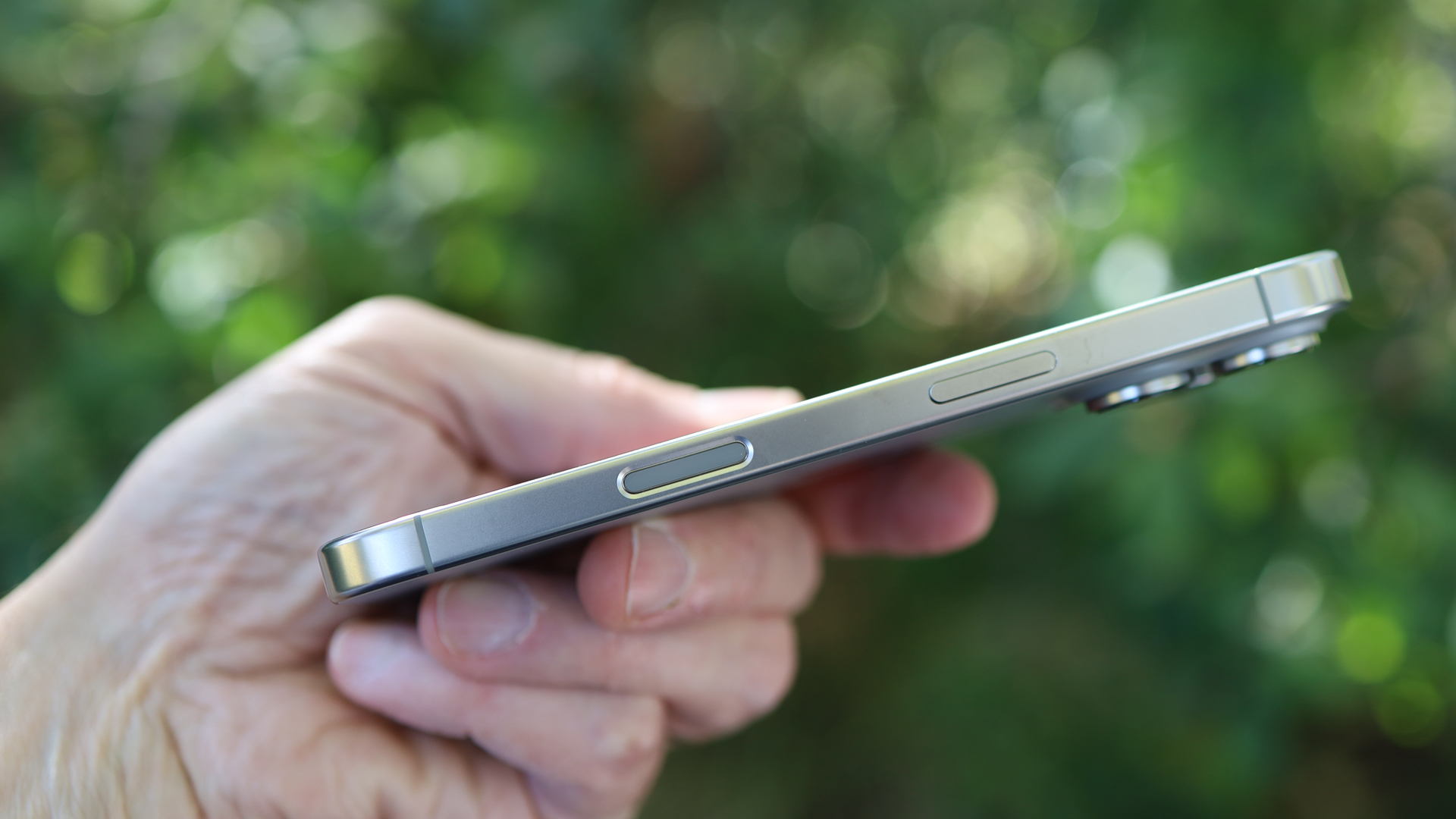
Not so long ago we were hearing rumors of a buttonless iPhone, and while such a product may still be in Apple’s future, for now, the company is going in the other direction, as the iPhone 16 Pro and iPhone 16 Pro Max actually gained a button.
This is called the Camera Control button, and you can use it to launch the camera, and then as a physical shutter button to take photos and record videos. You can also swipe across it to zoom in and out, and adjust camera settings. So, this Camera Control button is quite a versatile key.
What's more, having a physical button to take pictures with makes operating the iPhone camera feel a lot slicker and more like a bona fide camera.
Better cameras
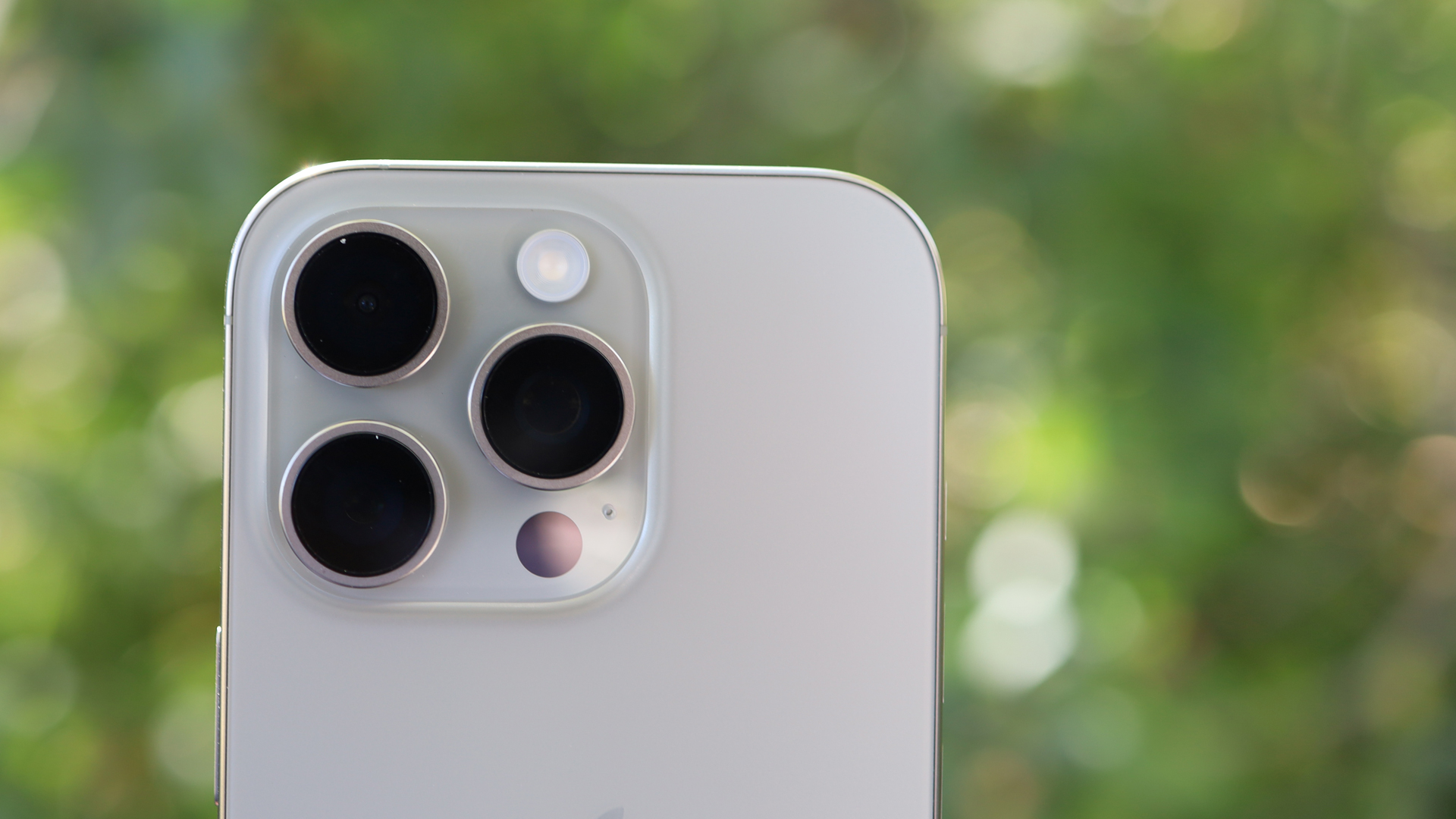
Speaking of cameras, the iPhone 16 Pro and iPhone 16 Pro Max both got some upgrades in the photography department, too.
For one thing, both phones got a new 48MP ultra-wide camera, up from a 12MP sensor on the previous models. That also benefits macro shots, as they're taken with the ultra-wide lens.
Plus, the iPhone 16 Pro got a 5x telephoto snapper, up from 3x on the iPhone 15 Pro.
This 5x zoom camera is the same as the one previously boasted by the iPhone 15 Pro Max, so it closes the gap between the Pro and Pro Max models.
You might also like
- iPhone 16 camera: a new main camera and Capture Control
- iPhone 16 specs: all the key specs for every model
- iPhone 16 Pro price: everything you need to know
James is a freelance phones, tablets and wearables writer and sub-editor at TechRadar. He has a love for everything ‘smart’, from watches to lights, and can often be found arguing with AI assistants or drowning in the latest apps. James also contributes to 3G.co.uk, 4G.co.uk and 5G.co.uk and has written for T3, Digital Camera World, Clarity Media and others, with work on the web, in print and on TV.